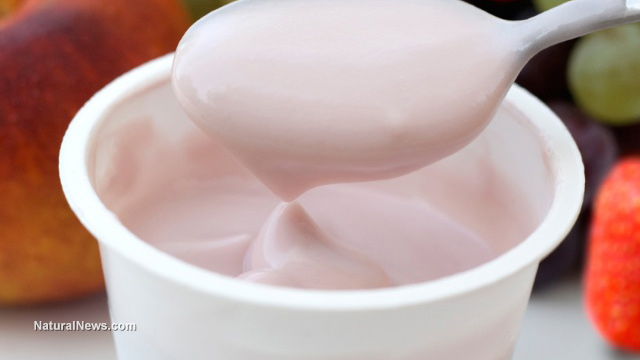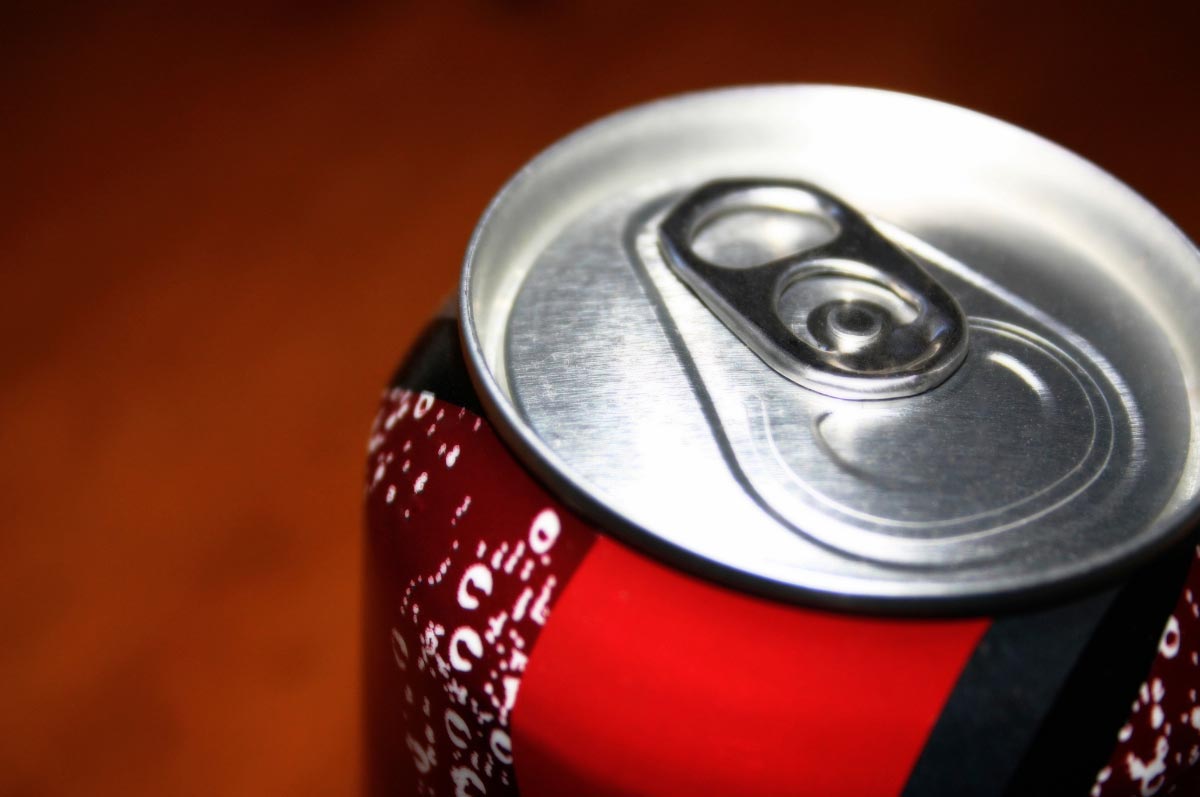 Parler
Parler Gab
Gab
- Danone U.S. issued a nationwide voluntary recall for 17 YoCrunch yogurt varieties due to plastic fragments in lids.
- Plastic pieces (7-25 mm) pose choking hazards and potential oral injuries.
- The recall followed consumer reports and FDA collaboration initiated July 11.
- Studies link microplastics in food to lifelong health impacts, including organ damage and cancer.
- Consumers urged to discard recalled products and contact Danone for refunds.
FDA guidelines and why plastic in food matters
The FDA requires all plastic materials in food packaging to meet strict safety standards to prevent contamination. While Danone’s issue involves visible plastic particles rather than microscopic ones, the recall underscores broader concerns about plastics entering the food supply. The agency’s guidelines note that “it is the legal responsibility of companies to comply” with food safety laws. The FDA has yet to establish microplastics as a direct health hazard but monitors emerging research. Meanwhile, Danone’s actions align with its stated commitment to consumer safety.The bigger picture: Microplastics as a stealthy health threat
While the recalled yogurt’s plastic fragments are large enough to spot, microplastics—particles smaller than five millimeters—are increasingly under scrutiny. Recent studies reveal ominous findings:- Exposure in humans: A 2024 study detected microplastics in 100% of placenta samples analyzed, linking prenatal exposure to developmental issues.
- Organ damage risks: Research identifies certain plastics as toxic, with potential to impair liver function, respiratory health and fertility.
- Ubiquitous sources: A 2025 report found gum chewing releases hundreds of thousands of microplastics into saliva. Pesticides, packaging chemicals and environmental pollution further amplify human exposure.
Consumer response and next steps
The recall has prompted immediate scrutiny of Danone’s supply chain and food safety protocols. While the company emphasizes its “commitment to product quality,” critics argue corporations must prioritize prevention over post-harm recalls. For consumers, vigilance remains key. A quick check of yogurt containers for visible debris or adhering to expiration dates (as listed in the FDA recall notice) can mitigate risks. Advocates urge readers to support public health policies demanding stricter monitoring of both large plastic particles and unseen microplastics in food systems. Daniel Wagner, a food safety attorney, told Natural News, “Companies like Danone must invest in rigorous testing. Consumers aren’t just worried about choking hazards—they’re right to fear what we can’t see.”A turning point in food safety
The YoCrunch recall is more than a product withdrawal—it signals a societal reckoning with the plastic-driven pitfalls of the modern food industry. As studies reveal plastics in everything from brain tissue to placenta, demands for regulatory clarity grow louder. For now, Danone’s swift action sets a precedent for corporate responsibility, but the true test lies in whether such practices become industry standard. As microplastics infiltrate ecosystems and diets, this incident underscores a pressing truth: The health of both consumers and the planet hinges on transparency and accountability from corporations and lawmakers alike. Sources for this article include: TheEpochTimes.com FDA.gov ABCNews.go.com FDA.govThe Danone YoCrunch recall: Plastic shards found in yogurt snacks for kids
By Olivia Cook // Share
The architects of Moderna’s mRNA shots are plotting to spray RNA on your food
By Lance D Johnson // Share
Carrots: A versatile superfood for nutrition and disease prevention
By Laura Harris // Share
Sugary drinks linked to dramatic rise in liver cancer risk among women, study warns
By Ava Grace // Share
Governments continue to obscure COVID-19 vaccine data amid rising concerns over excess deaths
By patricklewis // Share
Tech giant Microsoft backs EXTINCTION with its support of carbon capture programs
By ramontomeydw // Share
Germany to resume arms exports to Israel despite repeated ceasefire violations
By isabelle // Share










